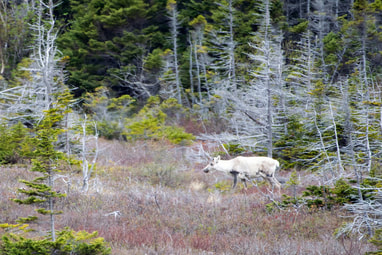Ka’a’gee Tu, Northwest Territories

Year(s) Funded: 2014-2015
Topic Area: Food Security Contact: Melaine Simba, Ka’a’gee Tu First Nation ([email protected]) Partners: Ecology North, Wilfrid Laurier University Centre for Sustainable Food Systems Website: http://dehcho.org/community-page/kaagee-tu-first-nation-kakisa-lake Title: Ka’a’gee Tu First Nation Exploration of Climate Change, Food Security and Health
Action: The Ka’a’gee Tu First Nation collaborated with Ecology North and Wilfrid Laurier University’s Centre for Sustainable Food Systems to investigate climate change impacts to community food sustainability and to develop strategies to address emerging opportunities and challenges. Community-based participatory action research methods were used to ensure the research was community driven and responded to the needs of the community stakeholders. This project aimed to complete existing baseline data regarding food security by documenting traditional knowledge, assessing the vulnerability of the community, documenting Elder and Land User perspectives of climate change and identify adaptation strategies for the community. Results: Through workshops and interviews with harvesters and community members, it was revealed that climate change is indeed impacting the community. Changes in weather, temperature, precipitation, as well as the impact of changing permafrost conditions and hydrology make it more difficult to access the land for harvesting and gathering other important resources from the land. Changes in animal migration and behavior have also been noticed by community members that are now worried about the availability of some of their most important food resources, specifically moose. The community is actively adapting to the changes they see on the land. Harvesters share photos and information about conditions on the land, and actively promote harvester safety and community gatherings where on the land skills can be passed on through generations. Most importantly, the sharing whatever country food is harvested is a common practice in the community, and goes a long way to ensure country food is available to those who want it. With general concerns about access to food, the community identified adaptation strategies that could strengthen traditional practices. Programs identified to promote adaptation and community health, including: gardening; monitoring; recycling and other programs that foster community gatherings on the land. The community is committed to strengthening their relationship to the land and continuing to rely on country foods, while at the same time building partnerships to foster community engagement, access to information about changes on the land and continuing to adapt to the impacts of climate change. Outputs: A project report was produced and shared with the community. |
